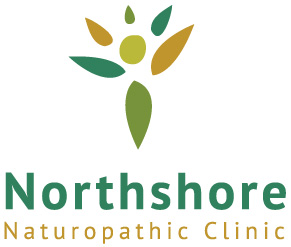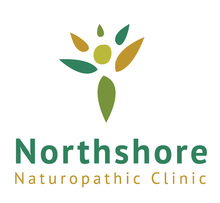By Dr. Matsen/Irene Hayton
In addition to being an important cooking spice in many cultures around the world, ginger has been valued for its healing properties in Indian, Asian, and Arabic herbal medicine for centuries.
This warming herb is commonly known for its effectiveness against digestive complaints; it increases the production of bile and other digestive fluids. Ginger stimulates digestion, calms upset stomach, and relieves stomach cramping, gas pains, and diarrhea. It has also been used for thousands of years to treat nausea, including travel sickness and morning sickness.
Ginger is said to stimulate circulation of the blood and it may relax the peripheral blood vessels and therefore be of benefit in some circulatory disorders. Ginger is also believed to have anti-inflammatory properties. It inhibits the production of prostaglandins that cause inflammation, thereby reducing the pain in arthritis, rheumatism, and migraines.
Due to its warming effect on the upper respiratory tract, ginger has traditionally been used to treat cold and flu symptoms. It has expectorant properties, helping to loosen phlegm and it may also help in the treatment of bronchitis, asthma, and other respiratory problems.
Ginger has also been used to relieve headaches, menstrual cramps, and sore throats.
Ginger should not be taken by children under the age of two or by anyone using anticoagulant medication. As with any other herb or supplement, consult your naturopathic physician or other qualified healthcare practitioner, particularly if you have a history of stomach ulcers or gallstones.
Ginger is available in many forms including capsules, tinctures, extracts, and oils. You can also buy ginger fresh, dried, ground (or powdered), crystallized, and pickled.


